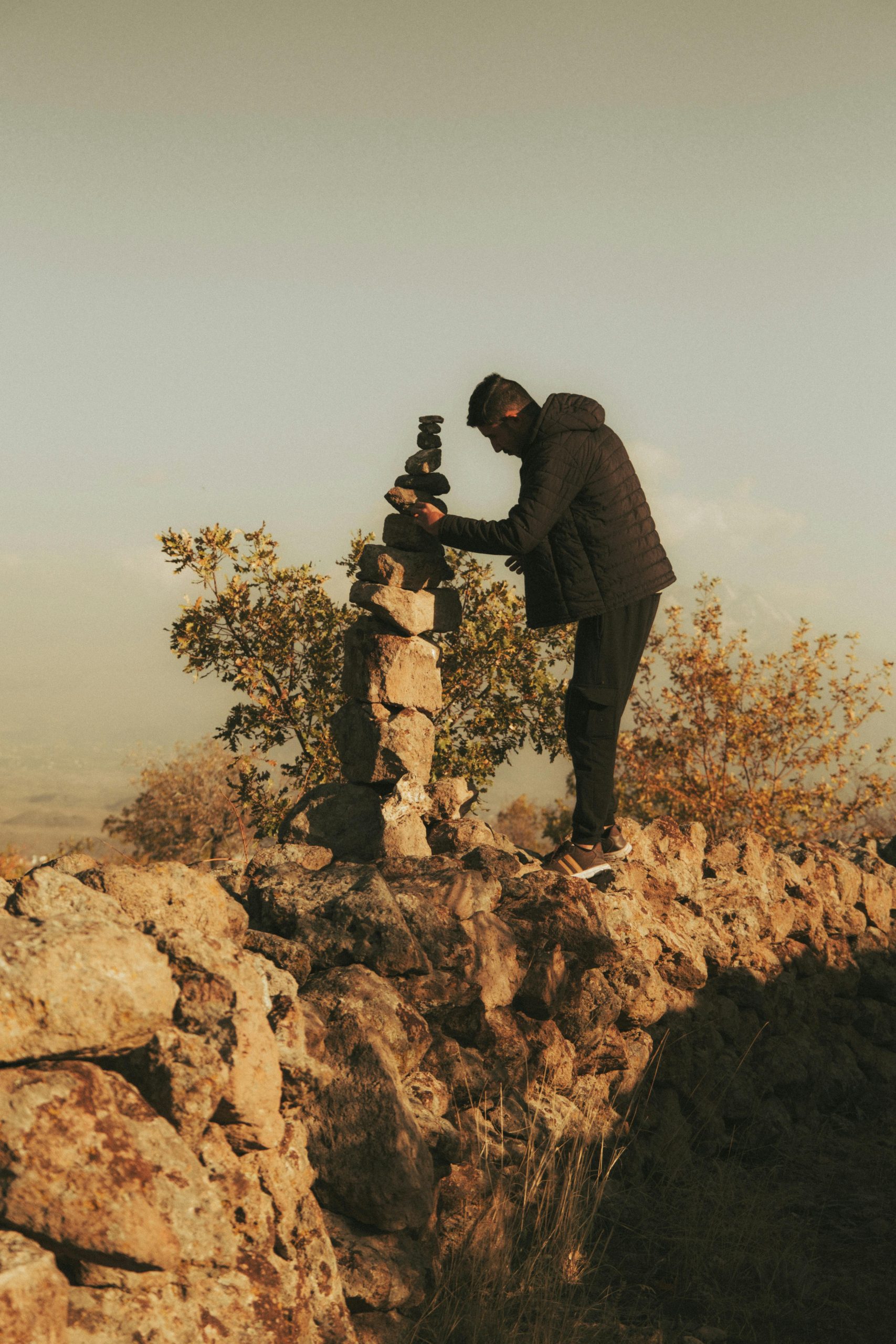Embarking on a New Academic Adventure: Who’s Joining Me?
Are you kicking off your 6 to 8-year academic journey today? It’s an exciting time for many who are balancing the demands of a part-time degree, possibly even coupled with an integrated master’s program, alongside a full-time job.
I’m thrilled to announce that I’ve just begun my integrated master’s degree in physics! With a solid background in mathematics and space science already under my belt, I anticipate that the first couple of years will serve as a beneficial review. However, I am also looking forward to diving into new territories by learning Python and Maxima for the first time.
How about all of you out there? What are your plans or experiences as you start your own academic journeys? Let’s connect and support each other in this fascinating endeavor!

Congratulations on embarking on your integrated master’s in physics! Starting a journey like this is both exciting and daunting, and it’s great to see you’re already well-prepared with a foundation in math and space science. I wanted to share a few insights and tips that might help you along the way, especially as you balance your studies with a full-time job.
1. Time Management is Key
Given your busy schedule, creating a structured plan is essential. Consider using tools like Google Calendar or Trello to track deadlines, class schedules, and study sessions. Break your commitments down into manageable tasks and set realistic weekly goals for studying and project work.
2. Effective Learning Strategies
Since you’re already familiar with the core concepts, you might find it beneficial to explore active learning techniques. This can include:
– Teaching Back: Try to explain complex topics to a peer or even just to yourself. This reinforces your understanding.
– Practice Problems: Physics often requires not just understanding concepts but applying them. Make it a habit to solve practice problems regularly.
– Study Groups: Engaging with classmates might help deepen your understanding and keep you motivated. Online platforms like Discord or Slack can facilitate collaboration, especially if meeting in person isn’t feasible.
3. Programming Fundamentals
Learning Python and Maxima will be valuable tools in your physics toolkit. Here are suggestions to enhance your coding skills:
– Start with Projects: Applying what you learn through small projects can reinforce your learning. Try creating simulations of physical phenomena or analyzing data sets relevant to your studies.
– Utilize Online Resources: Websites such as Codecademy, Coursera, or even YouTube have many courses targeted at beginners in Python.
4. Utilizing Resources Wisely
Take advantage of the resources available to you—whether that’s office hours with professors, online forums, or academic support services at your university. They can provide valuable insights and assistance, particularly in complex areas of your study.
5. Balance and Self-Care
Maintaining your mental and physical health is crucial. Be sure to carve out time for relaxation and social activities, as maintaining a balance can prevent burnout. Mindfulness practices, exercise, and spending time with friends can provide you with the mental break necessary for efficient studying.
6. Networking and Community Engagement
Consider getting involved in physics clubs or online communities, which can enrich your experience. Networking within your field might open doors for internships, collaborative projects, or even research opportunities, which could be beneficial in applying your studies in real-world contexts.
7. Reflect and Adjust
As you progress, take time to reflect on what’s working and what isn’t. Being adaptable will serve you well throughout your academic career. Don’t hesitate to adjust your study habits or seek support when you encounter challenges.
Starting this journey is a significant expansion of your academic and professional horizons. Embrace the learning curve and remember that every step, even the challenging ones, is a step towards your goals. Best of luck with your integrated master’s program—it’s bound to be a rewarding experience!